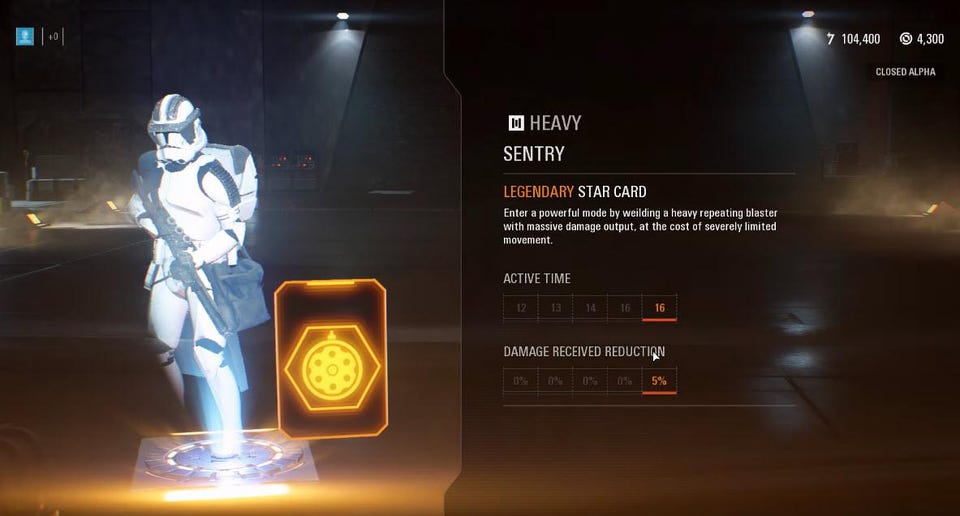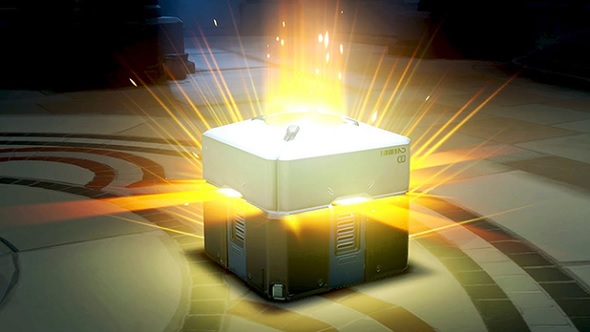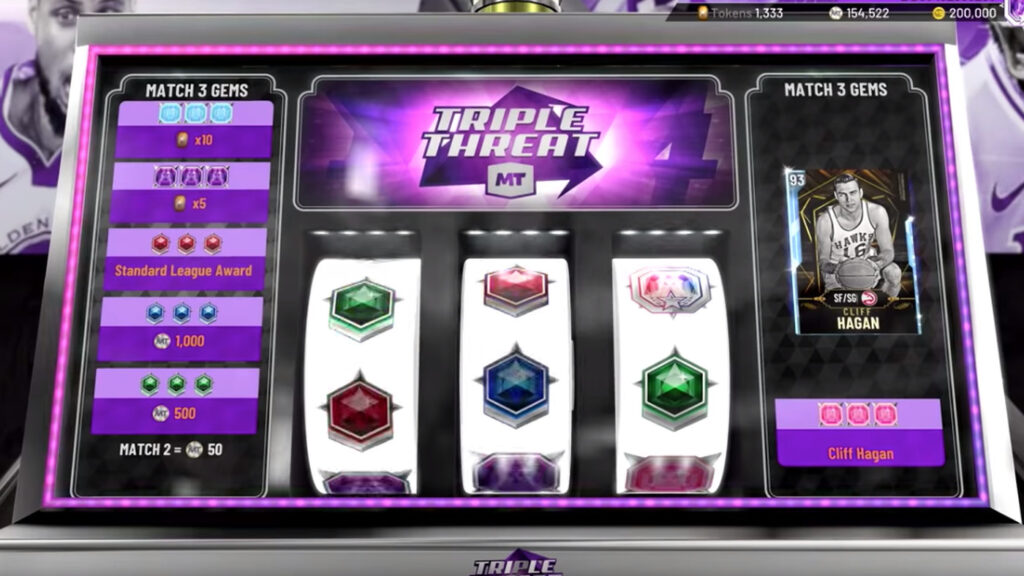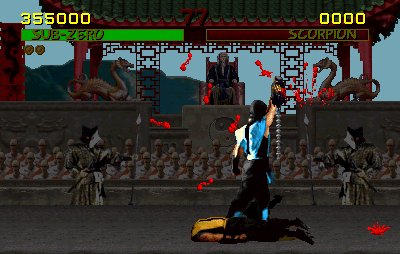While there have been many methods of monetization of video games over the years, few have more quickly drawn scrutiny and criticism than the implementation of loot boxes. EA implemented a loot box system into Star Wars Battlefront 2, which drew an incredible amount of criticism from fans and an investigation by Belgian authorities before ultimately being removed from the game. Not only are loot boxes often controversial for players, but they have been the subject of lawsuits and have even been linked to gambling habits. Even traditionally family friendly companies like Nintendo have found themselves subject to lawsuits in games like Mario Kart Tour because of kids spending more money than they intended.

If you’ve played games or have a child who plays them on a device that may have access to your credit card, or if you’re a developer considering implementing a similar system into your own game, it’s important to understand what loot boxes are, why they can become a problem, and what needs to be done to keep their implementation from violating laws.
Loot Boxes Defined
Before discussing what makes a particular game’s loot boxes illegal or legal, we need to understand what they are. Loot boxes are the practice of a game giving players a random assortment of items – the “loot” in question – through boxes that are earned or purchased by the player. While these boxes are often represented in-game by a box, they can come in many forms such as pulls, wishes, packs of cards, or any number of other things to fit the theme of the game they are in. Such systems are often called “gacha” after the Japanese toy capsule vending machines of a similar name.

For simplicity, we will simply refer to whatever form they come in as “boxes” and the items within as “loot”. The actual form the loot and boxes take doesn’t matter as much for our purposes. Depending on the game, these boxes can sometimes be gained through ordinary play, but can usually also be purchased for a sum of real-world money. The items contained in these boxes can be skins, weapons, characters, or any other item depending on the game in question. Sometimes the player must first purchase a separate currency in the game with real-world money, then use that to purchase the boxes, which just serves to add a layer of obfuscation to the purchase process of said boxes.

To keep it simple, loot boxes are when you pay either real-world money or a currency within a game to get something, but you don’t know what you’re going to get. It’s like a pack of cards in that sense. Depending on the game, the loot inside may or may not provide an advantage to the player, or there may be a chance of a special time-limited item that could entice players to purchase a lot of boxes to get it. For those reasons, they’ve drawn a lot of controversy.
Loot Box Regulations Around The World
For their part, regulators haven’t come up with a single definition or set of rules regarding games’ use of loot boxes. Each territory has a separate set of rules, and since games are largely a global market, care must be taken to comply with rules in every territory where your game is made available.
With that in mind, we’ll take a quick look at examples of various rules around the world. This isn’t necessarily intended to be a comprehensive list, but I’ll try to watch the main countries here.
Loot Box Regulation in the United States
The US has yet to pass any specific laws against loot boxes in games, though a few laws have been proposed but have not made it very far along in the process. However, other laws apply like fraud and gambling regulation at both the federal level and in each state. To put it very simply, stay honest with your customers to avoid problems with fraud. This is not unlike similar rules for advertising and trailers.
There have been no official investigations yet alleging that games other than those that recreate casino games constitute illegal gambling, though elements of loot boxes may fit the definition, especially when the presentation of the loot box mechanics are presented more like a casino than a basketball video game.

While the United States has no rules preventing the implementation of loot boxes, specific companies and platforms have rules that are worth considering. Apple and Google both require the disclosure of odds of getting items by item type. All three major console manufacturers are also moving towards requiring the disclosure of loot box odds. This means you must disclose the odds of getting items of a given rarity or type rather than disclosure the odds of each and every potential item within those types. The ESRB requires that all games with loot box mechanics carry the “in-game purchases” label as part of the rating, but note that not all platforms require the use of an ESRB rating.
Loot Box Regulation in the European Union
There is not currently any regulation across the entire EU regarding loot boxes. Several countries have called for such regulation, but it hasn’t happened yet.
Some individual member countries have regulations surrounding loot boxes. Belgium has made loot boxes illegal when acquirable with real money, and where chance is involved. In other words, if the player is purchasing something with real money, they should know what they are getting.
Holland adds to this the requirement that the prize must be transferable to another player, which often opens up a whole host of other issues for developers. If your game operates in any of these territories, you should ensure that you are complying with these rules.
Loot Box Regulation in China
Games in China are governed by both the Ministry of Culture and Tourism (MOCT) and the State Administration of Press and Publications (SAPP).
Under their rules, loot boxes are prohibited from purchase with either real money or virtual currency, though it is currently unclear if currency earned by the player rather than purchased with real money is allowed. Additionally, any items earned from boxes must be obtainable by other means within the game.1My personal opinion as a game designer and player- rather than as a lawyer- is that this is also just a good practice regardless of the law.
Games are also required to publicize the odds of getting every item in the boxes, not just the rarity or categories, and must keep and publicly disclose records of all boxes players actually open for a minimum of 90 days.
If your game is made available in China, you also have to keep track of changing regulations more so than most other countries. In 2023, China changed their regulations to prohibit daily login rewards as well as rewards for spending money for the first time or for spending several times consecutively in a game. However, Chinese authorities have indicated that they may revise these new rules after they caused China’s two biggest companies, Tencent Holdings and Netease to lose $80 billion in market value.

China has the strictest set of rules with regard to loot boxes. That said, their enforcement is pretty inconsistent, as there are a lot of games coming from and being published in China that retain loot box mechanics. Whether or not enforcement actually happens for a particular game largely depends on the government and its feelings towards your game, so it’s recommended that developers work with a partner in China to stay compliant with these and other laws. For example, even after their crackdown on video games in 2023, games by Chinese publishers Tencent and NetEase were approved, indicating that their course may be changing. Even companies as large as Blizzard prefer to work with partners in China rather than deal directly with the government, leading to the occasional situation where all of the company’s games go offline in the country when the partnership dissolves.
Staying Complaint with Loot Box Regulation
If you’re considering some sort of loot box-based mechanic as a means of monetization, there are a few considerations you should make to stay compliant with different laws around the world.
The first consideration is whether or not loot boxes or gacha are right for your game in the first place.
There’s a trend away from loot boxes in games in general with many games preferring other means of monetization like battle passes. Some games even advertise a lack of loot boxes as a selling point, alongside not having pay to win mechanics.
While there isn’t much regulation now in many parts of the world, this could change under the theory that even if the loot boxes themselves are not gambling, they may encourage gambling problems due to their nature.

If you still believe that loot boxes are right for your game there are a few steps you should take to ensure that compliance with local regulations is as simple as possible.
Make sure that loot boxes and the ability to purchase them with real money can be disabled with an internal setting. This makes it so that you can either use geofencing or IP addresses to check which country the user is from and adjust the game’s features according to the local regulations without needing to rework significant portions of the game for each region. Setting up these variables and internal settings earlier will make the process as simple as possible once the game is built. It also ensures that you are ready to change monetization features easily based on the region that players are from if local regulations do change.
Next, ensure that you are complying with any and all rules outside of the game itself, such as disclosure of odds of item types required by digital storefronts and labeling of the game as containing in-app purchases required by the ESRB.
If your game is already out and is not compliant, address these regulations before it becomes an issue rather than just hoping to continue avoiding enforcement.
The Industry Needs to Self-Regulate Better, or Face Increased Regulation From Outside Forces
The video game industry is in an interesting place regarding loot box regulation. While they have partially fallen out of favor in many games, they’re still present in certain kinds of games, particularly on mobile platforms. There is some talk of regulation coming from various governments around the world. I don’t see that as a problem on its own. It will create problems if and when people who don’t understand video games try to regulate them.

However, this is not a position that the industry hasn’t seen before. When video games started to become more graphic and violent, regulators started talking about regulating violent video games. In response, the video game industry self-regulated and created the ESRB, which handles rating and labeling games. It’s not some government group, it’s a group created by the video game industry to self-regulate.
The industry now finds itself in a similar position today. If game developers can’t self-regulate better by using loot boxes and other monetization models responsibly with an eye towards not ripping the customer off or encouraging addictive behaviors, then some outside force will regulate the industry instead. It’s time game developers set the example and use monetization methods like loot boxes responsibly.
